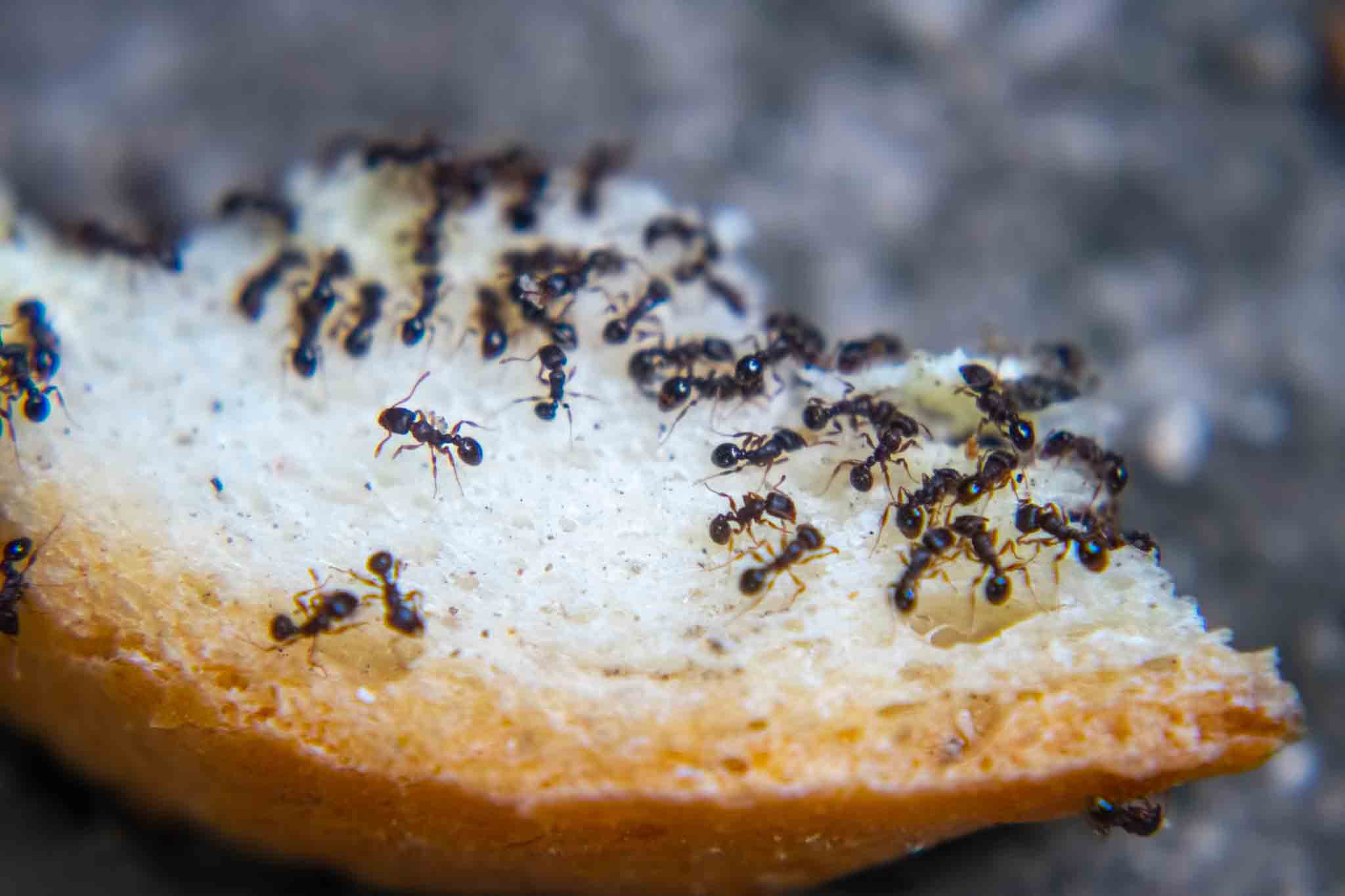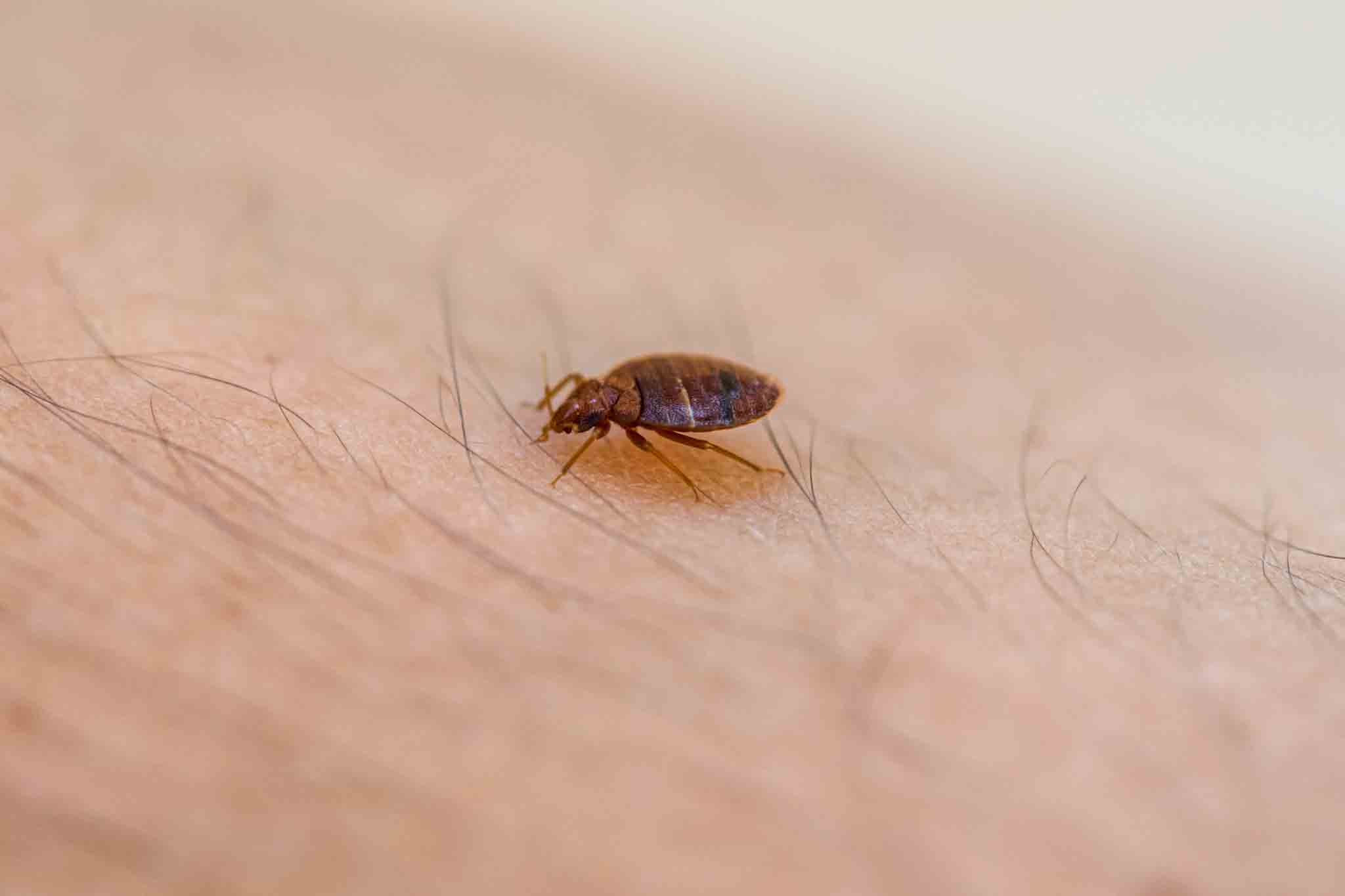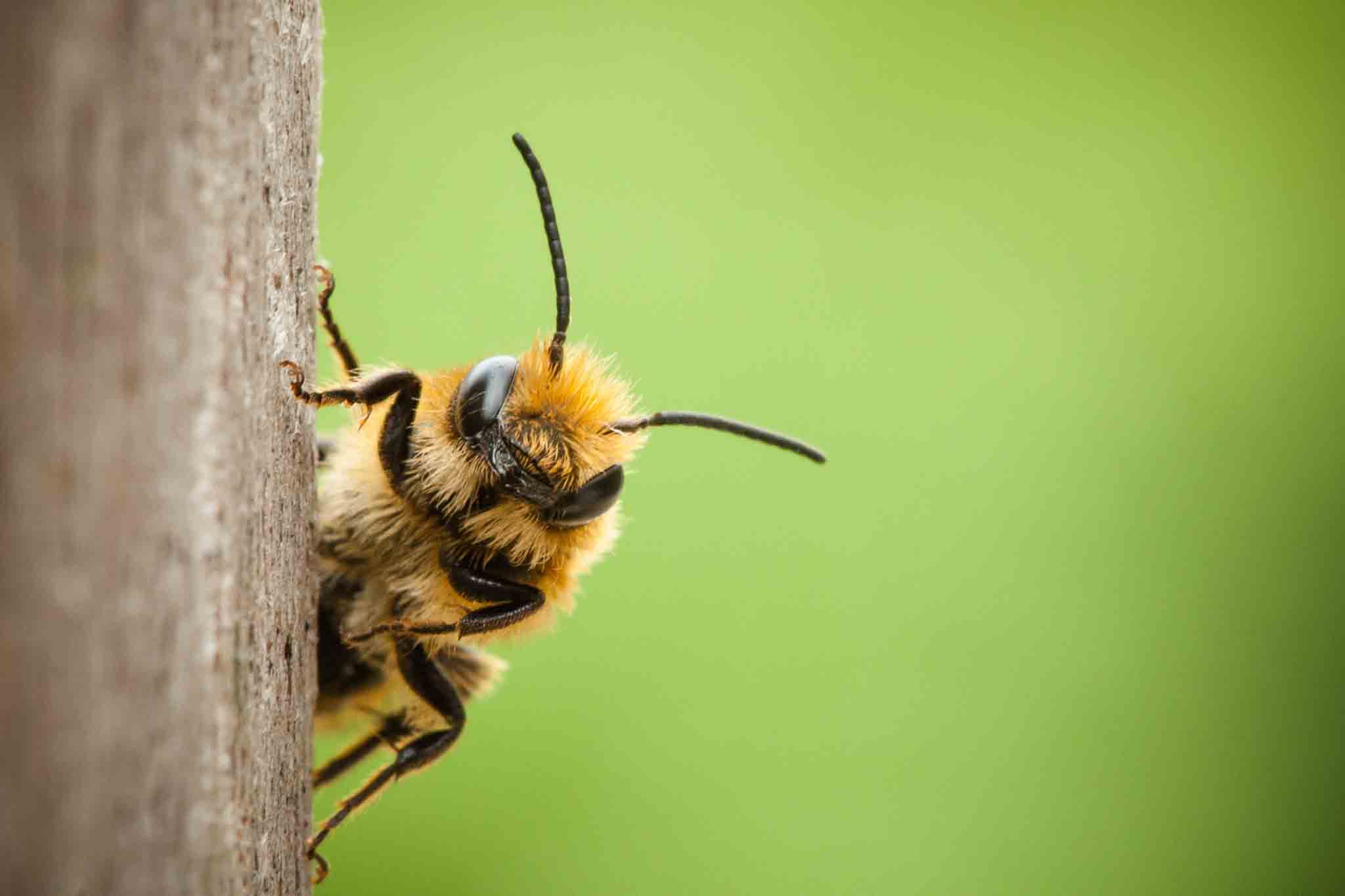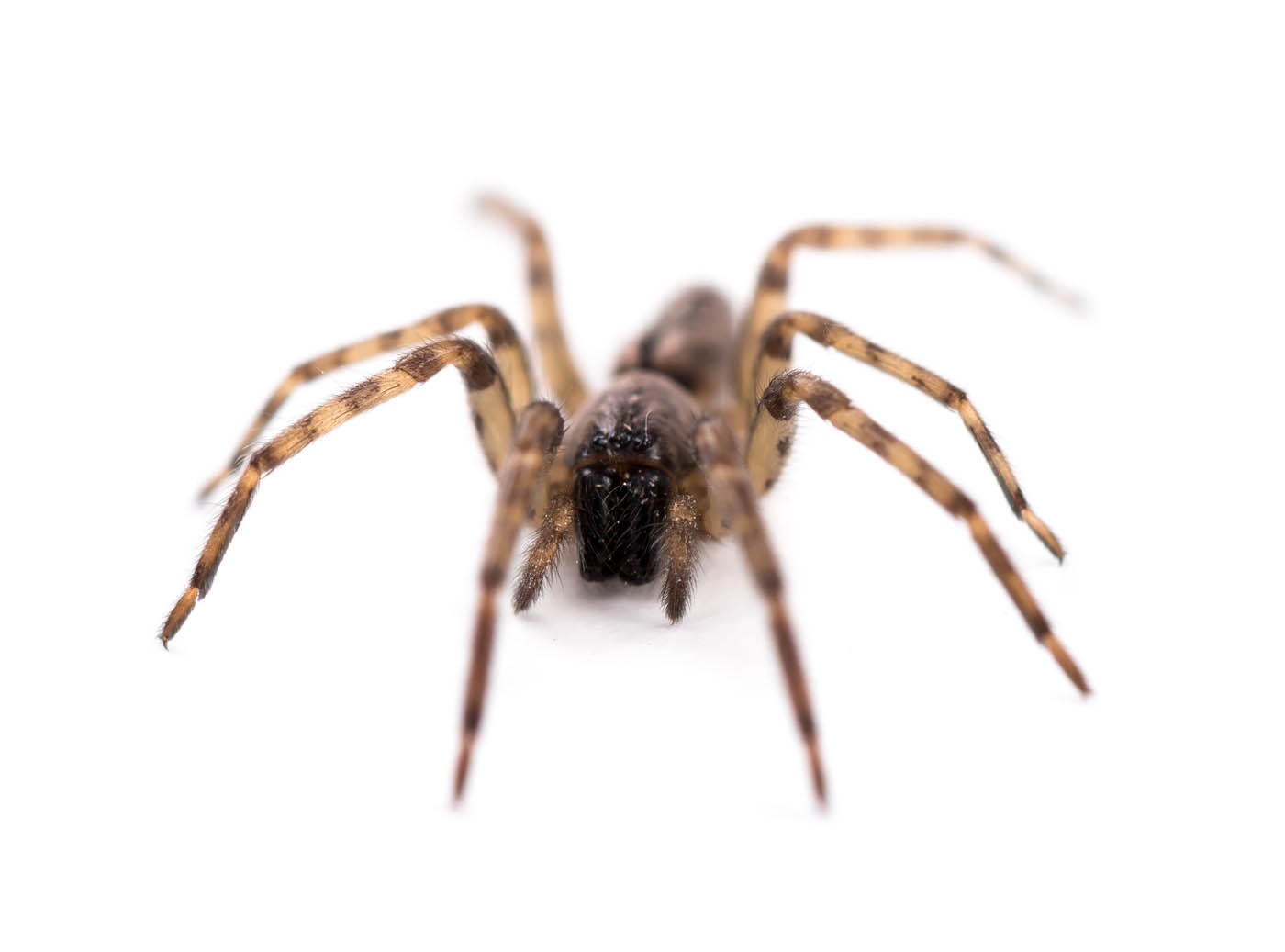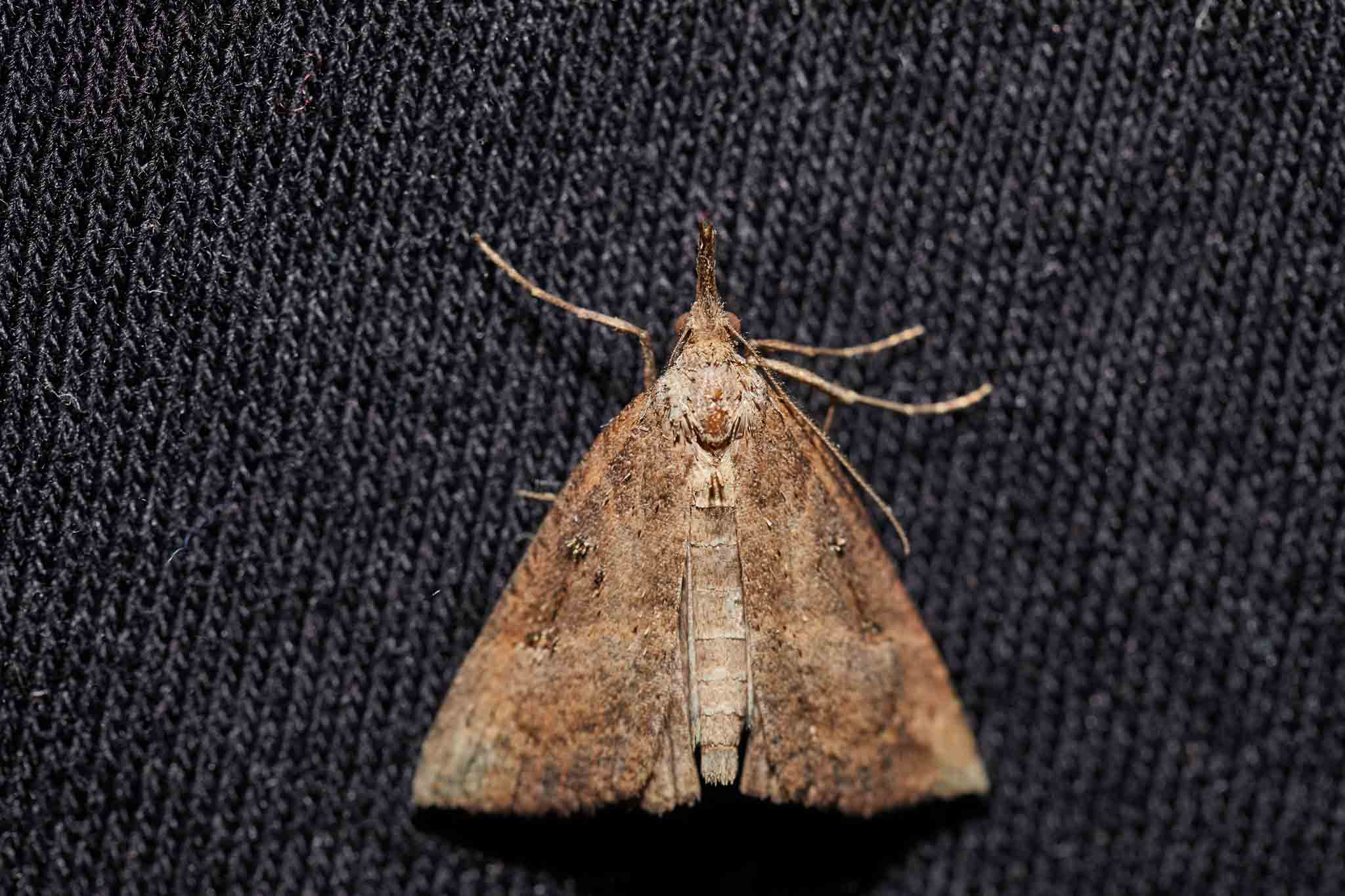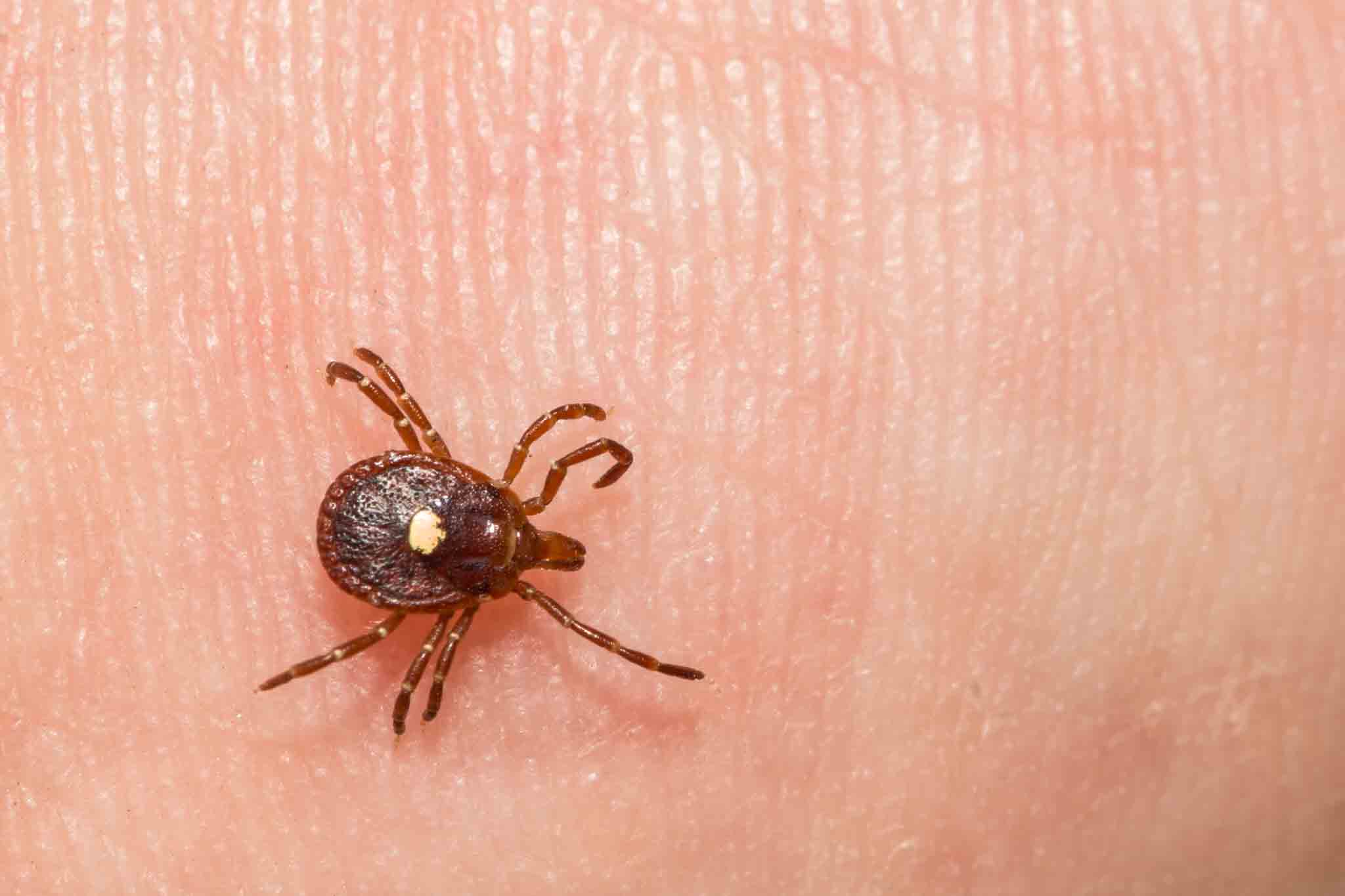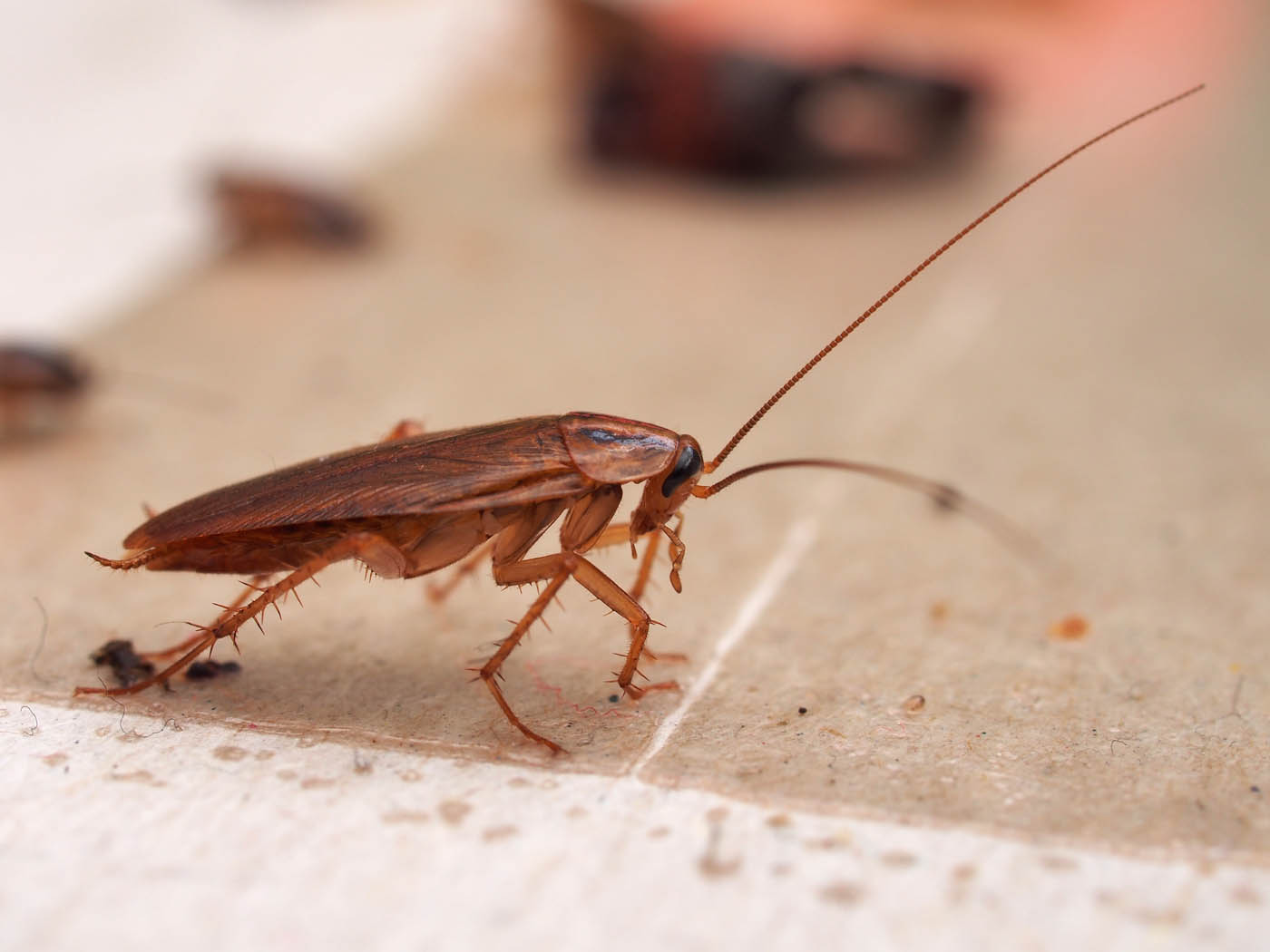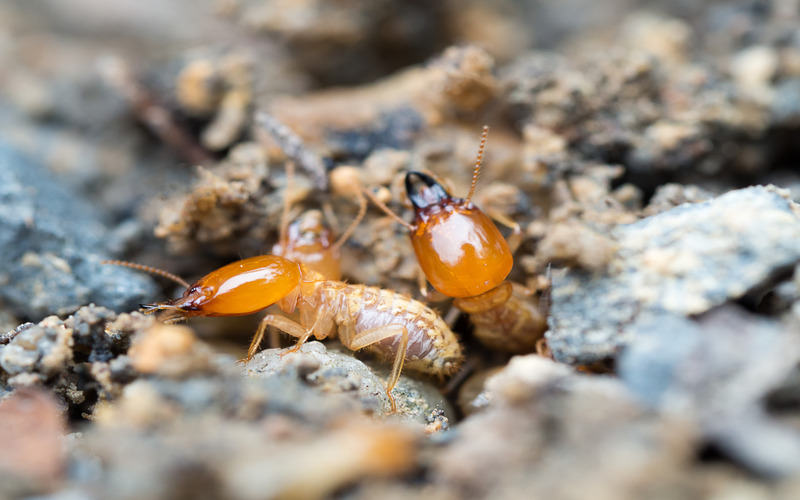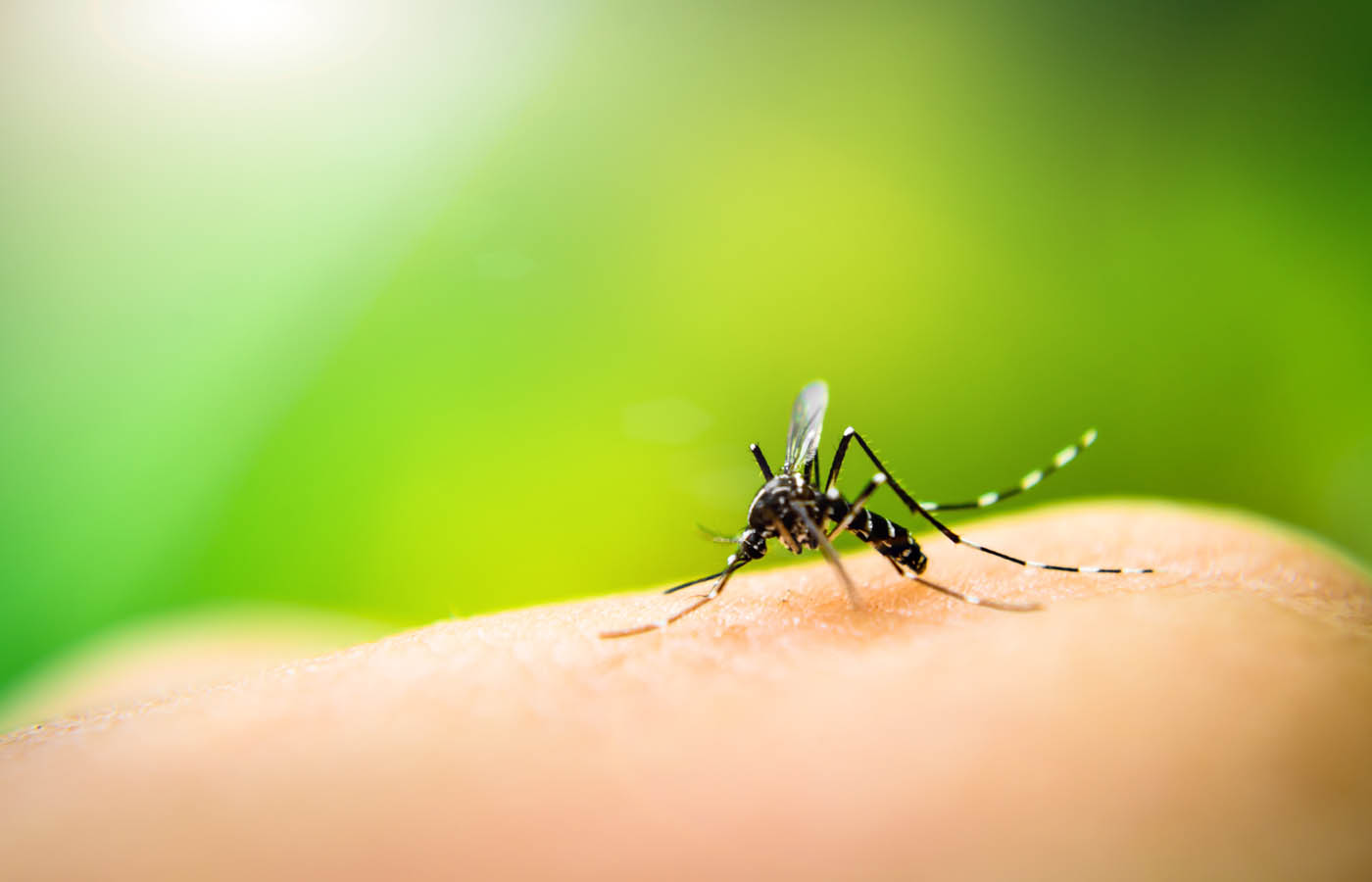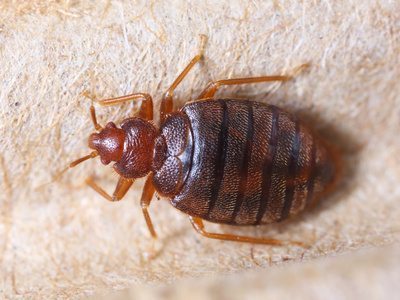
Bugs on Furniture: 4 Common Household Bugs that Are Hiding on Your Couches Jun. 11th, 2013
4 Common Household Bugs that Are Hiding on Couches and Furniture No matter where you live or how you live, household bugs are going to be a part of your life. One of the biggest problems is the fact that insects can be almost anywhere, including your couches and furniture.
Read Post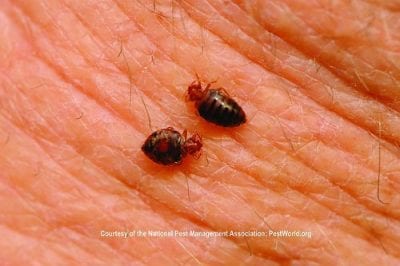
Bed Bug Detection May. 29th, 2013
A Simple Guide to Bed Bug Detection A big problem with bed bugs is knowing where to look for them. Bed bug detection can be difficult which is why it's important to educate yourself on the areas to keep an eye on.
Read Post